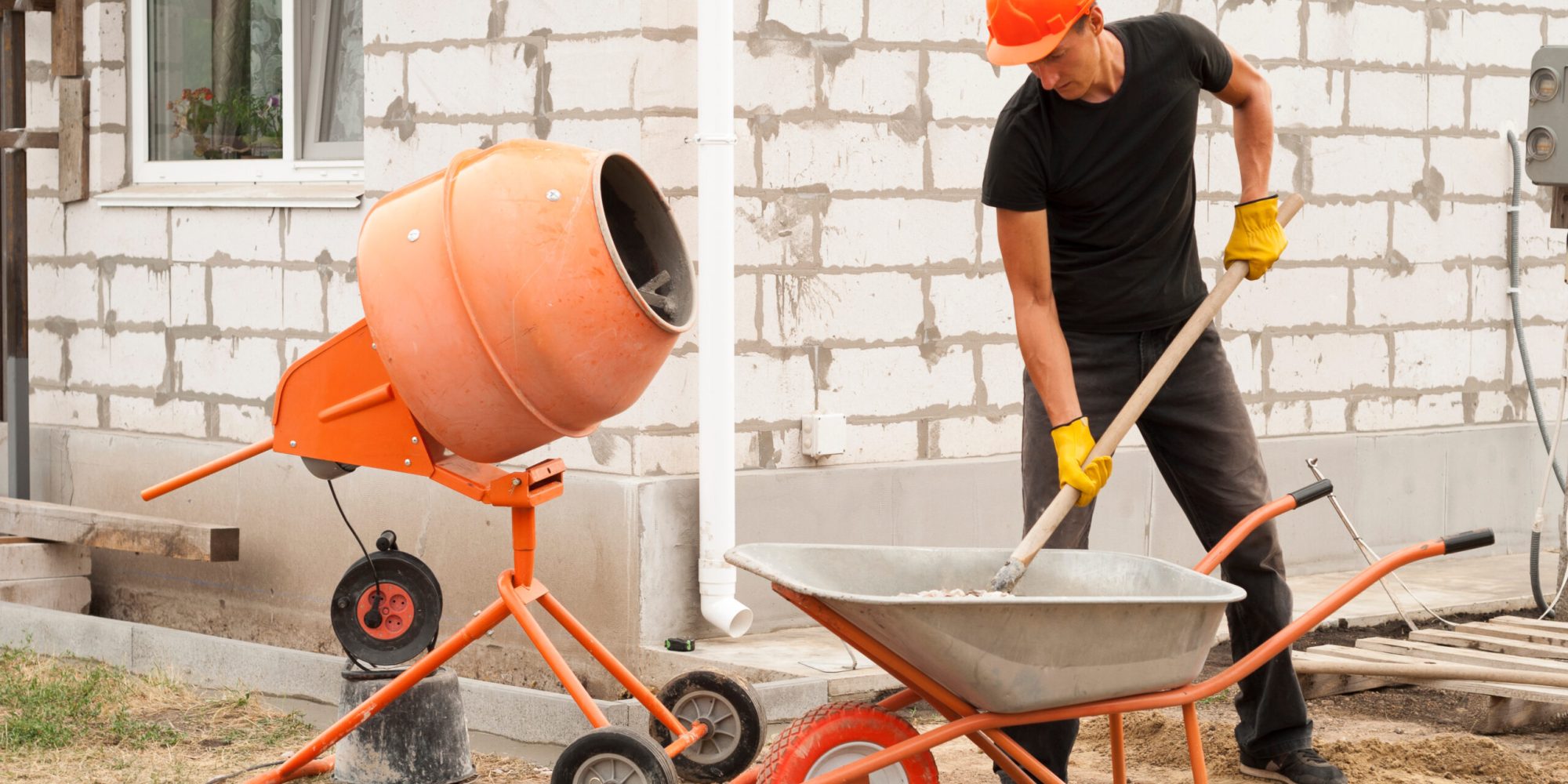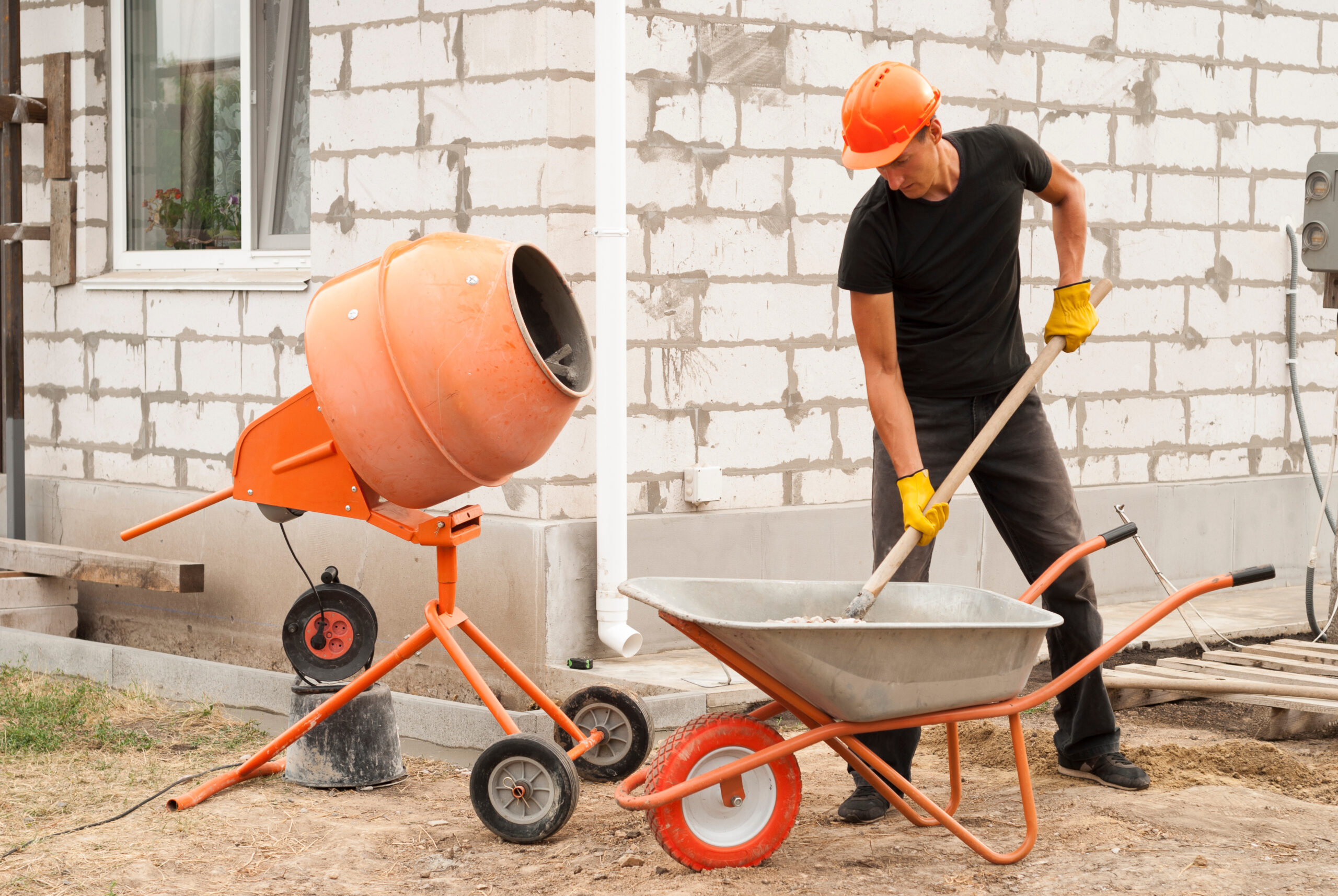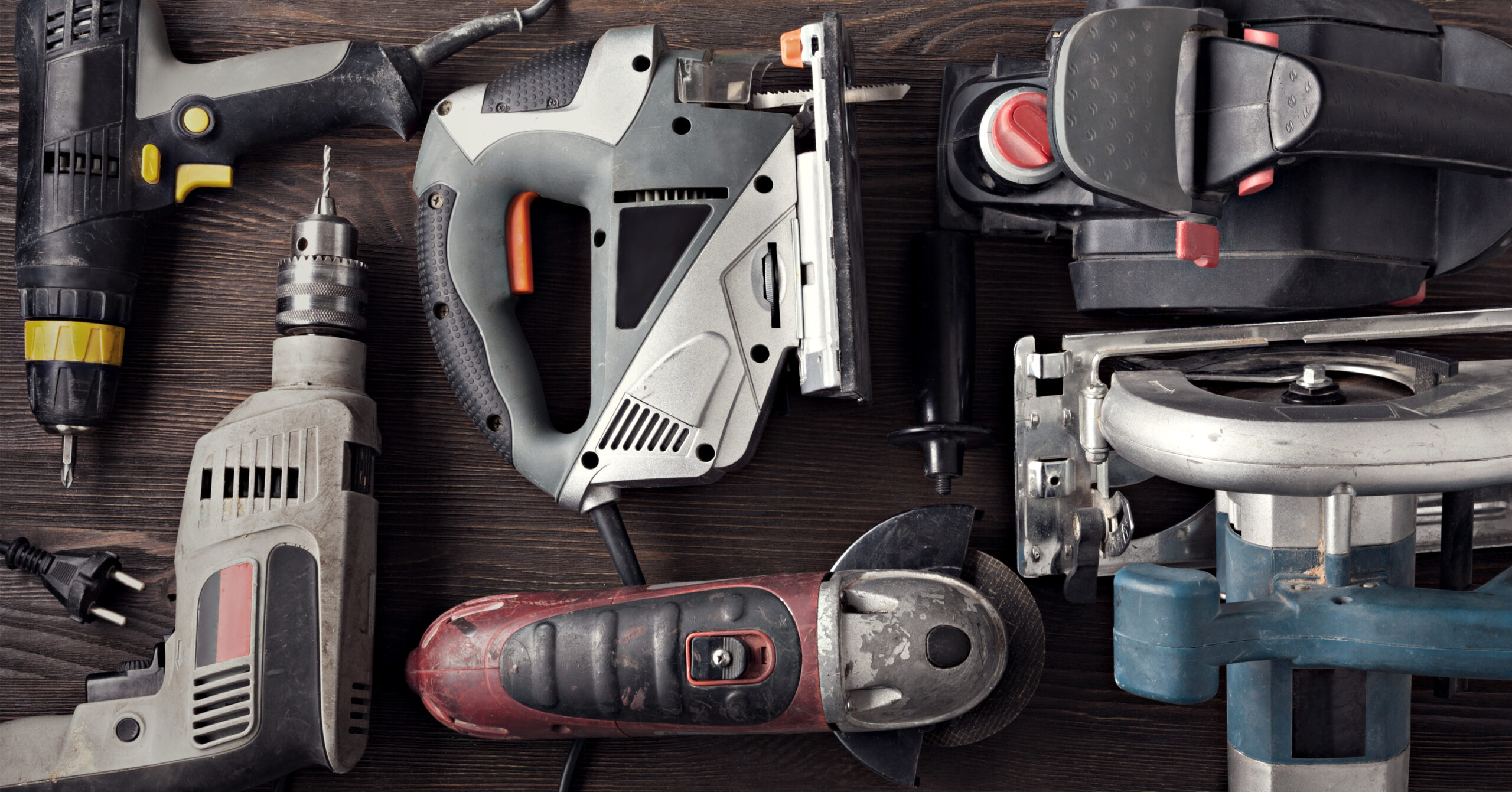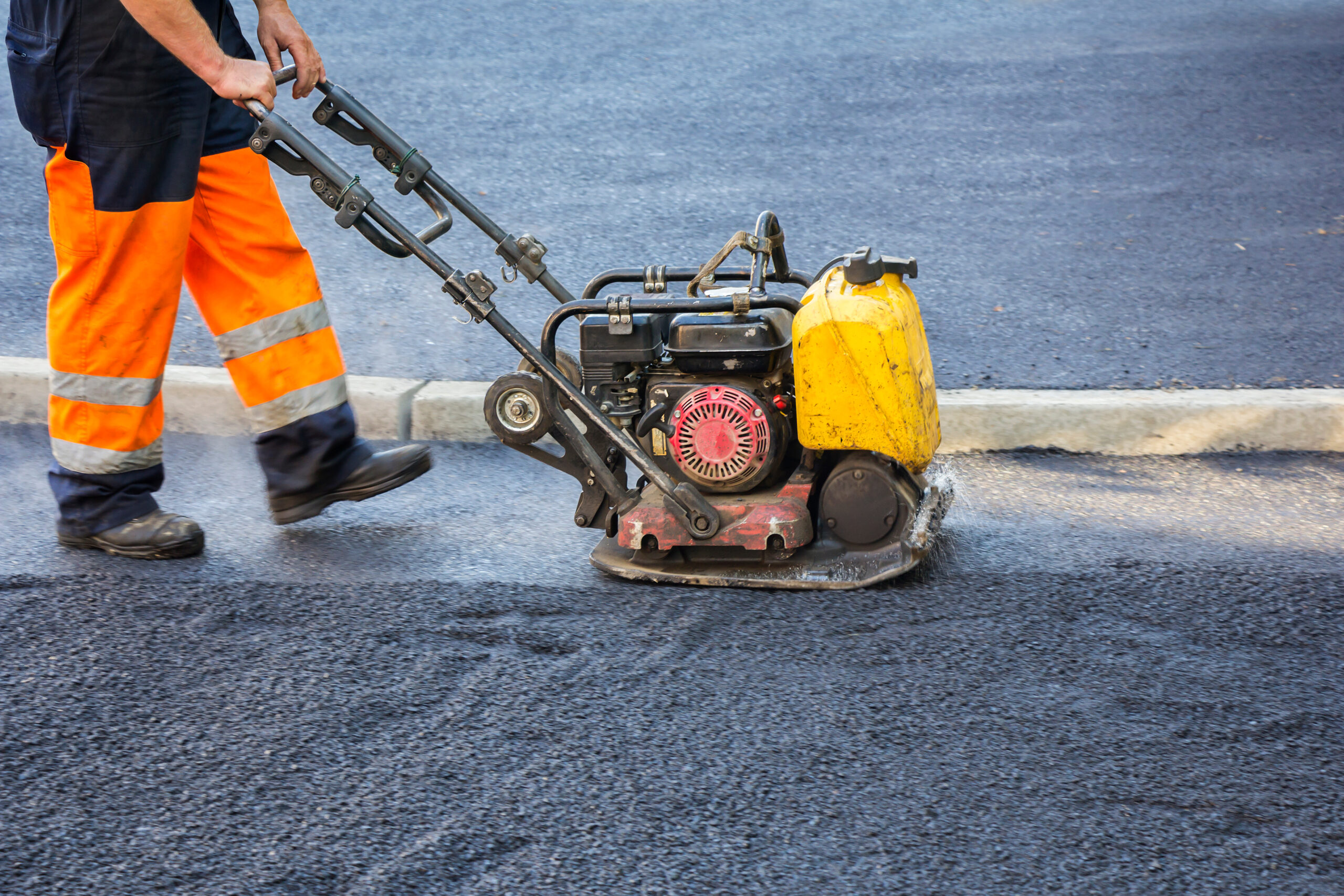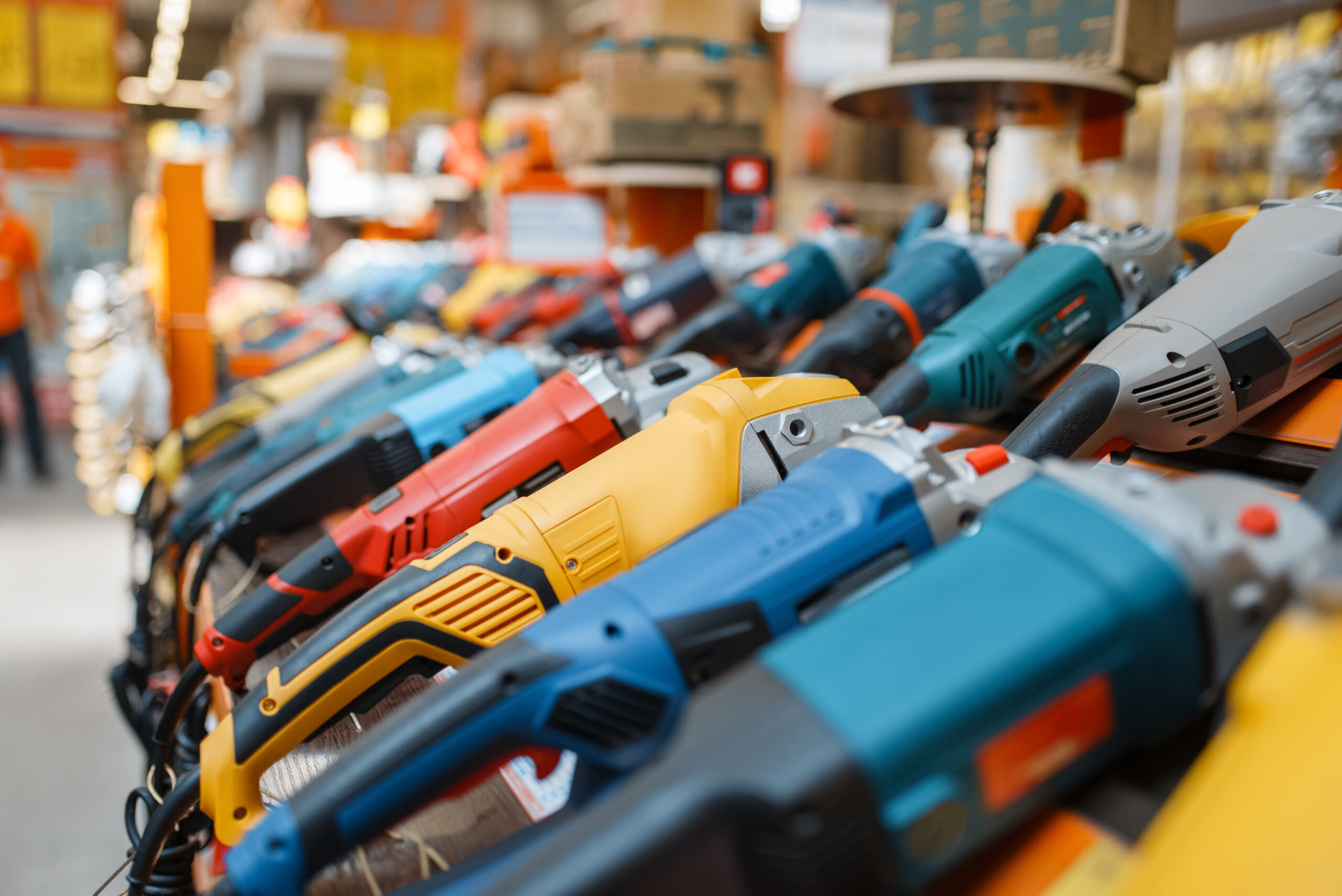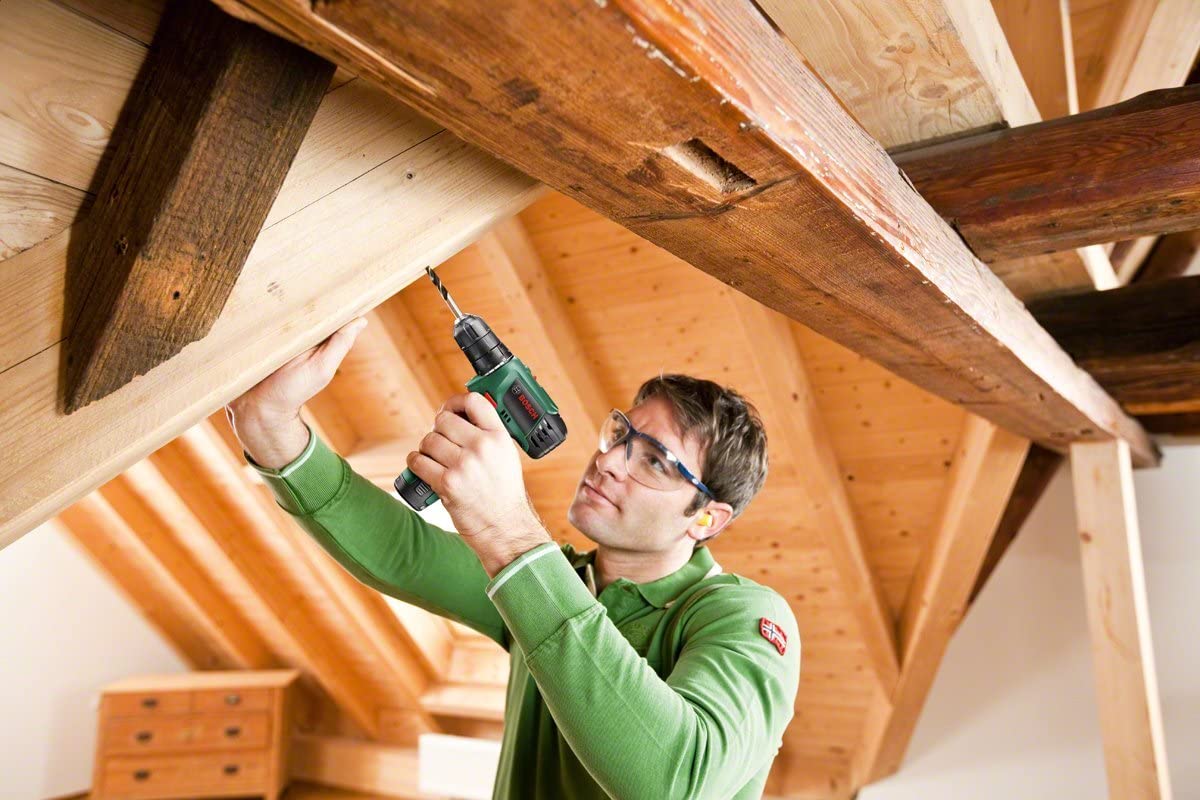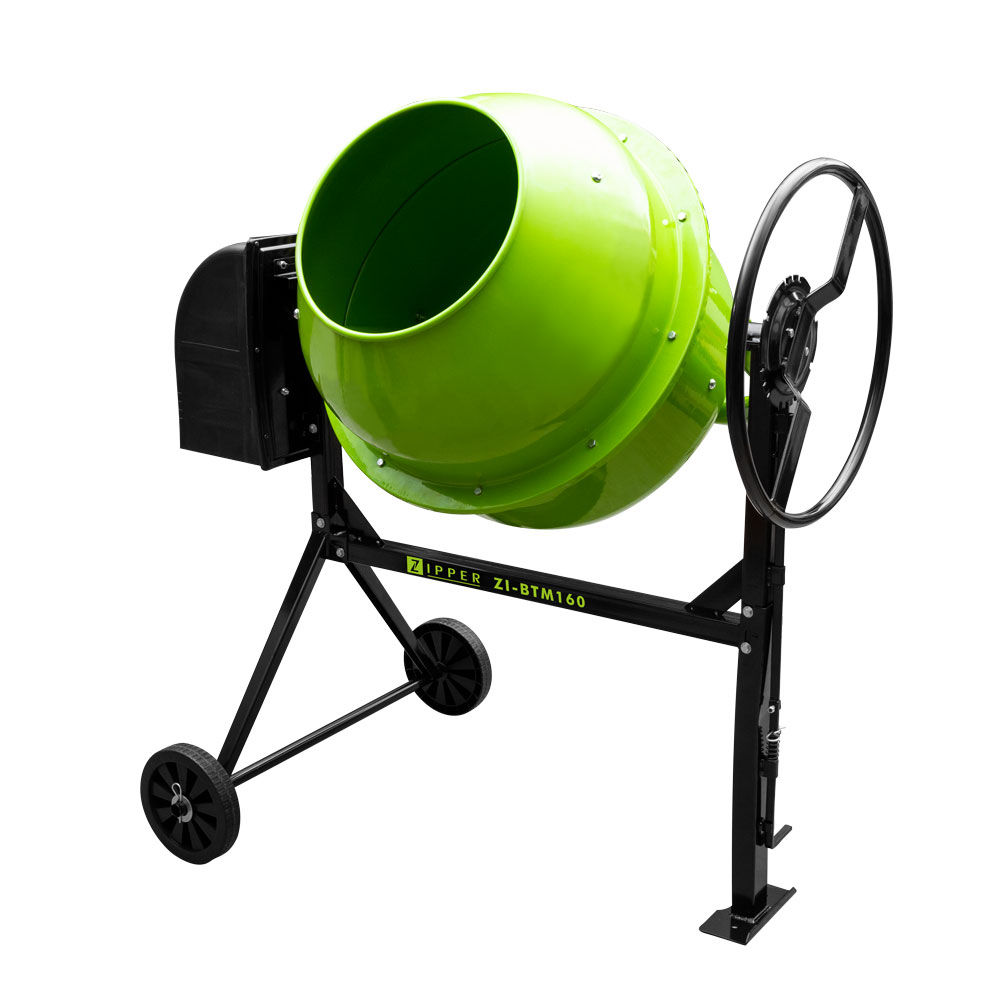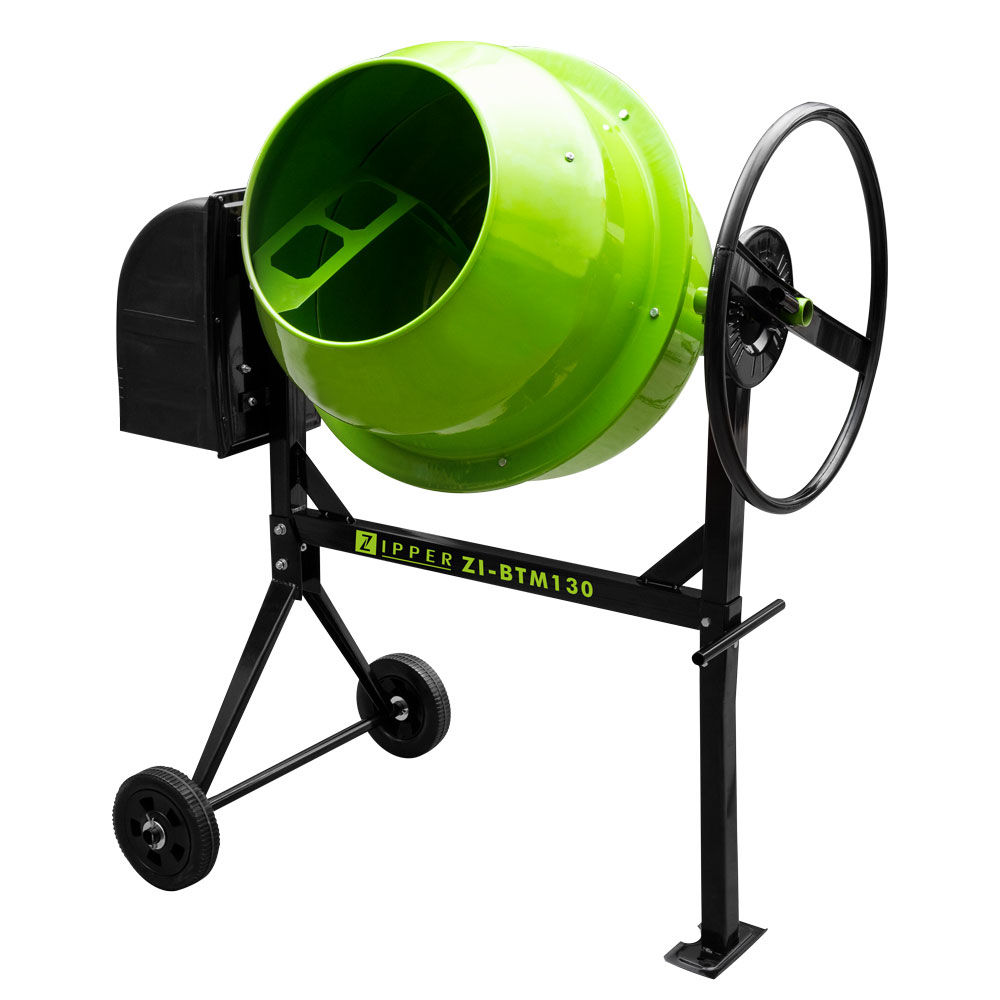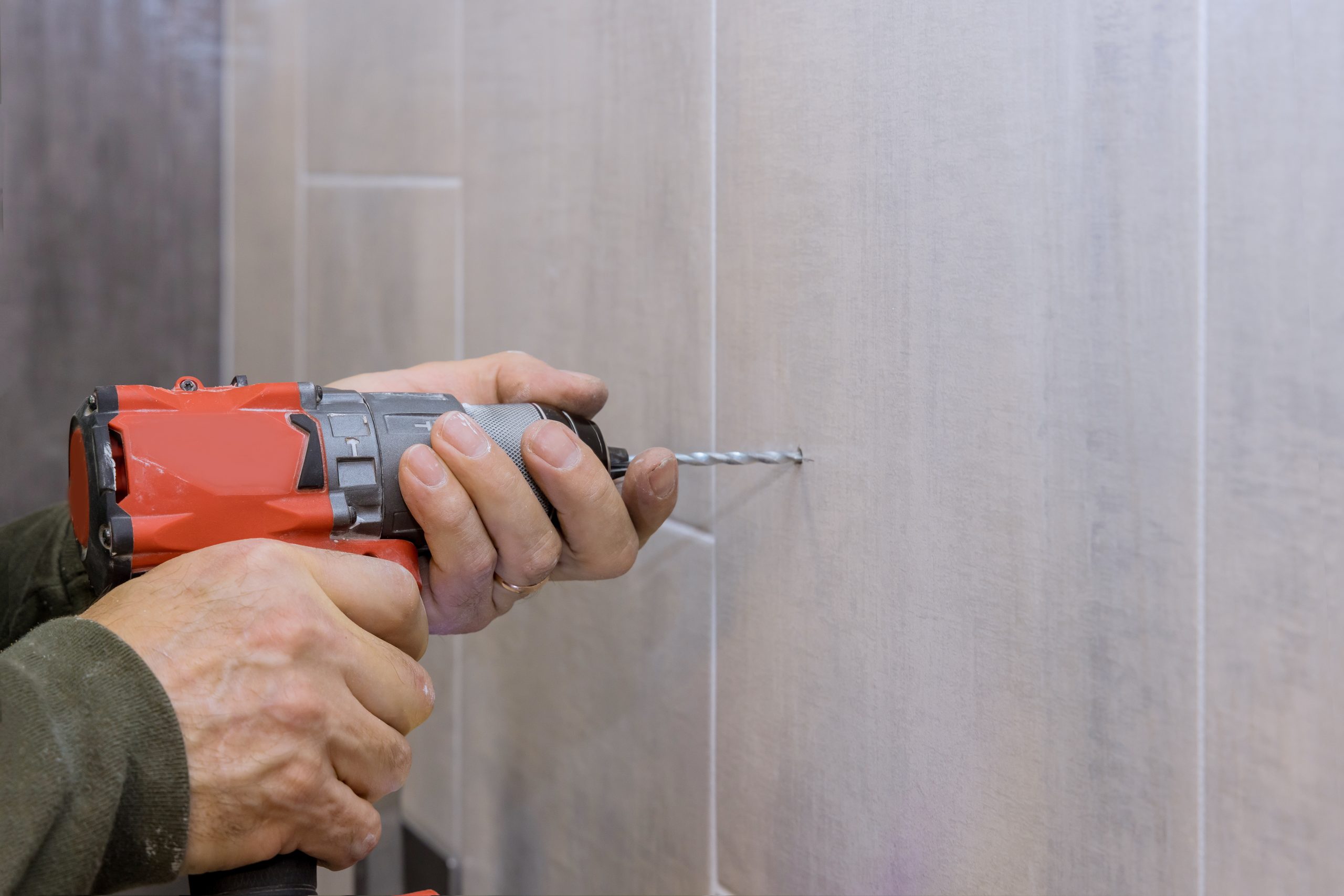
Cement mixers are essential tools for any construction project, whether you are a professional contractor or an ambitious DIY enthusiast. Choosing the right cement mixer for your project can be challenging, especially if you’re not familiar with the different options available. This article aims to guide you through the process of selecting the ideal cement mixer for your needs. We will discuss various factors, including the size of your project, the type of cement mixer, and other essential features.
Assess Your Project Needs
Before selecting a cement mixer, it is crucial to understand the scope and requirements of your project. Consider the following aspects:
Project Size
The scale of your project will directly impact the size of the cement mixer you need. For smaller projects, such as minor repairs or small-scale construction, a portable or mini cement mixer will suffice. For larger projects, such as commercial or industrial construction, a larger cement mixer with a higher capacity will be necessary.
Frequency of Use
If you plan to use the cement mixer for occasional projects, a smaller, more affordable option may be suitable. However, if you are a professional contractor who requires a mixer for frequent use, investing in a more robust and durable model is recommended.
Type of Material
Cement mixers are designed to handle various materials, including concrete, mortar, plaster, and stucco. Ensure the mixer you choose is compatible with the type of material you plan to use for your project.
Types of Cement Mixers
There are several types of cement mixers available, each with its own advantages and disadvantages. It is essential to familiarize yourself with the different options to make an informed decision.
Electric Cement Mixers
Electric cement mixers are the most common type of mixer found on the market. They are powered by electricity and typically have a motor that connects to a standard 110V outlet. Electric cement mixers are ideal for small to medium-sized projects and are known for their ease of use and low maintenance requirements.
Gasoline Cement Mixers
Gasoline-powered cement mixers are more powerful than their electric counterparts, making them suitable for larger projects or those in remote locations without access to electricity. However, they are also noisier, require more maintenance, and produce exhaust fumes.
Handheld Cement Mixers
Handheld cement mixers are compact and lightweight, making them ideal for small projects or for mixing small batches of material. These mixers require manual effort to operate, which can be tiring if used for an extended period.
Capacity and Drum Size
Cement mixers come in various sizes and capacities, so it is crucial to choose one that matches your project’s requirements. The capacity of a cement mixer is measured in cubic feet, with smaller mixers ranging from 1 to 6 cubic feet and larger mixers offering capacities of 9 cubic feet or more. It is essential to choose a mixer with a capacity that can accommodate the volume of material needed for your project.
Portability and Mobility
Consider the ease with which you can move the cement mixer around your worksite. Smaller, portable mixers are easy to transport and maneuver, making them ideal for projects with limited space or those that require the mixer to be moved frequently. Larger mixers, on the other hand, are often equipped with wheels or can be mounted on a trailer for easy transportation.
Ease of Use and Maintenance
Look for a cement mixer that is user-friendly and easy to maintain. Features such as a tilting drum, which makes it easier to pour the mixed material, and a removable drum, which simplifies cleaning, can save you time and effort. Additionally, consider the availability of replacement parts and the ease with which you can service the mixer, as this will impact the longevity and overall cost of ownership.
Additional Features to Consider
Apart from the factors mentioned above, there are several additional features to consider when choosing a cement mixer:
Drum Material
Cement mixer drums can be made from various materials, including steel and polyethylene. Steel drums are more durable and better suited for heavy-duty projects, while polyethylene drums are lighter and resistant to rust and dents.
Gear or Belt Drive
Cement mixers can have either a gear-driven or belt-driven system. Gear-driven mixers are more durable and less prone to slipping, but they can be noisier and require more maintenance. Belt-driven mixers are quieter and have fewer maintenance requirements but may be less durable and prone to slipping if not properly maintained.
Safety Features
Ensure that the cement mixer you choose is equipped with essential safety features, such as an emergency stop button, a protective guard over the motor, and a locking mechanism for the drum. These features help prevent accidents and ensure that your mixer operates safely.
Warranty and Customer Support
A good warranty and reliable customer support are essential factors to consider when purchasing a cement mixer. A comprehensive warranty indicates the manufacturer’s confidence in their product and provides peace of mind. Additionally, responsive customer support ensures that you can quickly resolve any issues that may arise during the use of your cement mixer.
Conclusion
Choosing the right cement mixer for your project can be a challenging task, but it is crucial to ensure the success and efficiency of your construction work. By considering factors such as the size and type of your project, the type of cement mixer, capacity, portability, ease of use, and additional features, you can make an informed decision and select the ideal mixer for your needs. Investing in the right cement mixer will not only save you time and effort but also ensure that your construction project proceeds smoothly and efficiently.

